Mixed breed or hybrid dogs are increasingly gaining popularity across the United States and the world. Many Mixed-Breed dogs are even suitable for first-time owners. However, while mixed breed or cross-breed dogs make adorable canine companions, certain dog breeds should not be mixed, due to congenital health problems.
Professional breeders are well-versed in recognizing the various traits and characteristics of different breeds that make up a particular mix. They conduct comprehensive research on lineage, genetics, temperaments, and health issues associated with specific breeds to make informed decisions. On the other hand, unprofessional breeders or backyard breeders can mix any breed of dog with another without conducting any comprehensive research.
Therefore, when considering adding a mixed-breed dog to your family, it is crucial to be aware of certain dog mixes that are prone to health issues. Understanding which combinations to avoid can save you not only money but also heartache in the long run. Firstly, breeds with brachycephalic features, such as Bulldogs and Pugs, should be cautiously approached when considering mixed breeds involving these breeds.
These dogs often suffer from breathing difficulties and overheating due to their shortened snouts. Additionally, hybrid mixes between large and small breeds can lead to skeletal problems for the resulting puppies. For example, mixing a large breed like a Great Dane with a small breed like a Chihuahua can result in various skeletal deformities that require expensive medical interventions. By educating yourself on the Wrong Dog Mixes, you can make an informed decision when it comes to welcoming a hybrid dog to your family. With that in mind, below are some Mixed Breed Dogs to stay away from.
1. Bulldogs and Pug Mix (Bull Pug)
Mixing a Bulldog and a Pug, despite their shared physical characteristics, is inadvisable due to several different factors. Firstly, both breeds exhibit significant differences in terms of temperament and energy levels. Bulldogs are known for their calm and docile nature, whereas Pugs tend to be more playful and energetic. This fundamental disparity in disposition can lead to behavioral issues within the mixed breed, including heightened aggression or excessive hyperactivity. Additionally, these breeds have distinct health concerns that may not align well when combined.
Bulldogs often suffer from respiratory problems due to their brachycephalic skulls while Pugs face similar challenges such as stenotic nares and elongated soft palates. Breeding these two breeds together could exacerbate their pre-existing health conditions in offspring, leading to increased discomfort and decreased quality of life for any resulting puppies. Therefore, potential owners must avoid Bull Pugs.
2. Great Dane and Chihuahua Mix
It is highly advised to avoid Great Dane and Chihuahua mixes due to the significant differences in size, temperament, and health concerns between these two breeds. Great Danes are one of the largest dog breeds known for their gentle and patient nature. On the other hand, Chihuahuas are small, spunky dogs with bold personalities. The vast gap in physical characteristics can result in severe issues such as injury or even fatality if not handled properly.
Moreover, the genetic mismatch between these breeds can lead to various health problems like musculoskeletal disorders or cardiovascular issues that may require extensive veterinary care throughout their lives. Additionally, training a hybrid of such diverse temperaments can be extremely challenging and time-consuming as they may inherit conflicting behavioral traits from both parent breeds.
3. Rottweiler and Pitbull Mix
There are several compelling reasons why it is highly recommended to avoid Rottweiler Pitbull mixes. Firstly, the combination of these two breeds can produce a dog with unpredictable behavioral tendencies. Both Rottweilers and Pitbulls are renowned for their strong guarding instincts and territorial behaviors, which when combined, can result in an overly aggressive and potentially dangerous dog. Additionally, this breed mix tends to have a high level of energy and intense drive, requiring an experienced owner who can provide proper training, socialization, and mental stimulation.
Moreover, due to their size and muscular build derived from both parent breeds, Rottweiler Pitbull mixes may possess great physical strength that could be challenging for some owners to manage effectively. Lastly, certain areas may have specific legal restrictions on owning such mixed breeds due to their perceived potential as aggressive dogs. Therefore, it is crucial to carefully consider these factors before deciding to bring a Rottweiler Pitbull mix into your household.
4. Pomeranian and Husky Mix (Pomsky)
It is crucial to exercise caution when considering a Pomeranian and Husky mix as a pet due to several reasons. Firstly, these breeds have vastly contrasting temperaments and energy levels. While Pomeranians are known for their playful and sociable nature, Huskies tend to possess high levels of energy and require ample exercise. This mismatch in temperament can lead to behavioral issues and frustration for both the owner and the dog. Additionally, grooming needs should also be taken into consideration. Pomeranians have an abundant double coat that requires regular brushing and professional grooming, whereas Huskies shed heavily twice a year. The mix of these two breeds may result in unpredictable coat lengths and excessive shedding, leading to difficulties in maintaining proper hygiene for the dog's well-being.
Lastly, potential health issues specific to each breed may occur in the mixed offspring, requiring extra attention from owners. Therefore, it is advisable to exercise caution when considering owning a Pomeranian and Husky mix as it may present various challenges that not all individuals are prepared or equipped to handle adequately.
5. Chihuahua and Pug Mix (Chug)
Chihuahua and Pug mixes, also known as Chugs, present several reasons why potential dog owners should consider avoiding this particular breed. Firstly, their mixed genetic heritage can result in a myriad of health issues commonly found in both parent breeds. For instance, Chihuahuas are prone to dental problems and patellar luxation while Pugs frequently suffer from breathing difficulties like brachycephalic airway syndrome. Unfortunately, combining these genes often exacerbates these conditions in Chugs, making them vulnerable to a range of medical concerns.
Additionally, their small size and delicate bone structure make them susceptible to accidental injuries caused even by minor physical activities or improper handling. Furthermore, Chugs tend to possess stubborn personalities inherited from both parent breeds which can lead to challenging training experiences for inexperienced owners. Therefore, it is advisable to thoroughly research the health risks associated with Chihuahua and Pug mixes before considering adding one to your family.
6. Australian Shepherd and Pomeranian Mix (Aussiepom)
The Australian Shepherd and Pomeranian mix, also known as the Aussiepom, may seem like an appealing choice due to its cute appearance and combination of two popular breeds. However, prospective dog owners should exercise caution when considering this particular mix. While it is true that both Australian Shepherds and Pomeranians are intelligent and loyal breeds, their stark differences in size, coat type, and energy levels can lead to numerous challenges.
For instance, the high-energy nature of Australian Shepherds can be overwhelming for Pomeranians, which are typically much smaller and have lower exercise needs. Additionally, the contrasting coat types make grooming a time-consuming task as their fur requires different maintenance routines. These mixed-breed dogs may inherit medical issues that are common in both parent breeds as well. Therefore, it is essential to carefully consider these factors before deciding on an Aussiepom to avoid potential health and behavioral complications down the line.
7. Husky and Corgi Mix (Horgi)
The breeding of Husky and Corgi mixes, commonly known as Horgis, is ethically problematic and should be discouraged. Firstly, it is important to consider the potential health issues that arise from crossbreeding these two distinct breeds. Huskies are prone to conditions such as hip dysplasia and eye disorders, while Corgis often suffer from spinal problems like intervertebral disc disease. By mixing these breeds, there is a likelihood of amplifying these health concerns in Horgies.
8. Pitbull and Husky Mix (Pitsky)
It is advisable to exercise caution and avoid acquiring the Pitbull and Husky mix, commonly known as Pitsky, due to a combination of behavioral challenges and unpredictable genetic traits. These breeds individually possess distinct characteristics that may not necessarily blend harmoniously when combined. Pitbulls are often known for their high energy levels, strong prey drive, and occasional aggression toward other dogs. Conversely, Huskies tend to have an independent nature, a strong urge to wander or escape enclosures, and a propensity towards excessive howling tendencies. When these traits converge in a hybrid breed like the Pitsky, it can result in a dog with significant behavioral issues that require meticulous training and dedicated socialization efforts.
Moreover, Pitskies may inherit health problems from both parent breeds such as hip dysplasia from Huskies or skin allergies from Pitbulls. A lack of knowledge and experience in handling such a complex mix could potentially lead to detrimental consequences for both the dog and owner alike.
9. Rottweiler and Poodle Mix (Rottle)
When considering a mixed dog breed, it is advisable to avoid the Rottweiler and Poodle mix, commonly known as Rottle, for several reasons. To begin with, the very temperament of these two parent breeds differs greatly. While Rottweilers are loyal and protective dogs, Poodles are intelligent and friendly companions. This variation in personality traits can potentially result in an unpredictable mix, making it challenging for owners to accurately gauge their level of dependence or aggression.
Furthermore, the Rottles' health may be compromised due to conflicting genetic predispositions within the parent breeds. For instance, Rottweilers are prone to hip dysplasia while Poodles may suffer from eye conditions such as progressive retinal atrophy. By merging these distinct gene pools, hybrid offspring could inherit a combination of potential health issues from both sides. Thus, opting for more compatible breed combinations ensures greater predictability in temperaments and reduces potential complications related to health concerns in a responsible manner.
10. Corgi and Beagle Mix (Corgle)
As a prospective owner, it is important to consider the potential drawbacks of Corgi and Beagle mixes, commonly referred to as Corgles. While mixed breed dogs can often display a combination of their parent breeds' desirable traits, the merging of Corgis and Beagles brings some specific concerns. Both breeds possess strong instincts and can be prone to excessive barking or digging. When combined in a Corgle, these tendencies may be amplified, resulting in a challenging training experience for owners seeking obedient and quiet companions.
Furthermore, both Corgis and Beagles are known for their stubbornness, which can make training efforts even more arduous. Other potential issues include inherited health problems from either breed such as hip dysplasia or intervertebral disc disease. Therefore, you must consider these challenges before opting for this mix to ensure you have the necessary time, resources, and patience to meet your dog's needs effectively.



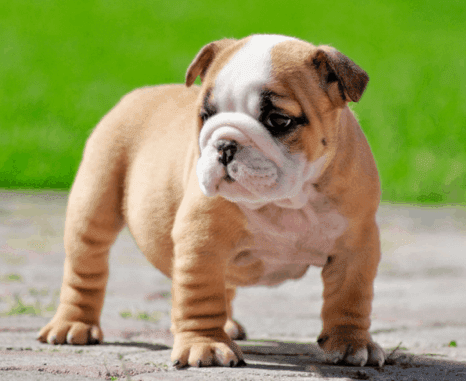
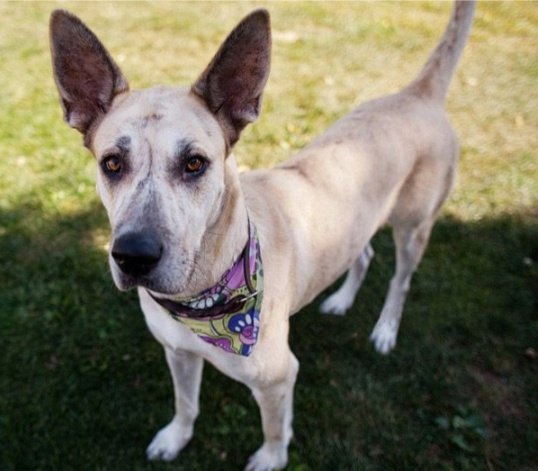
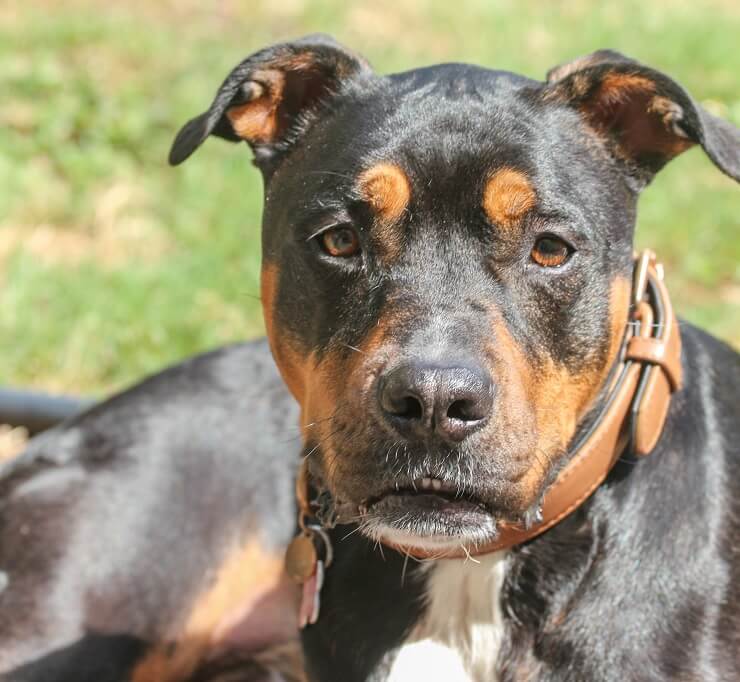
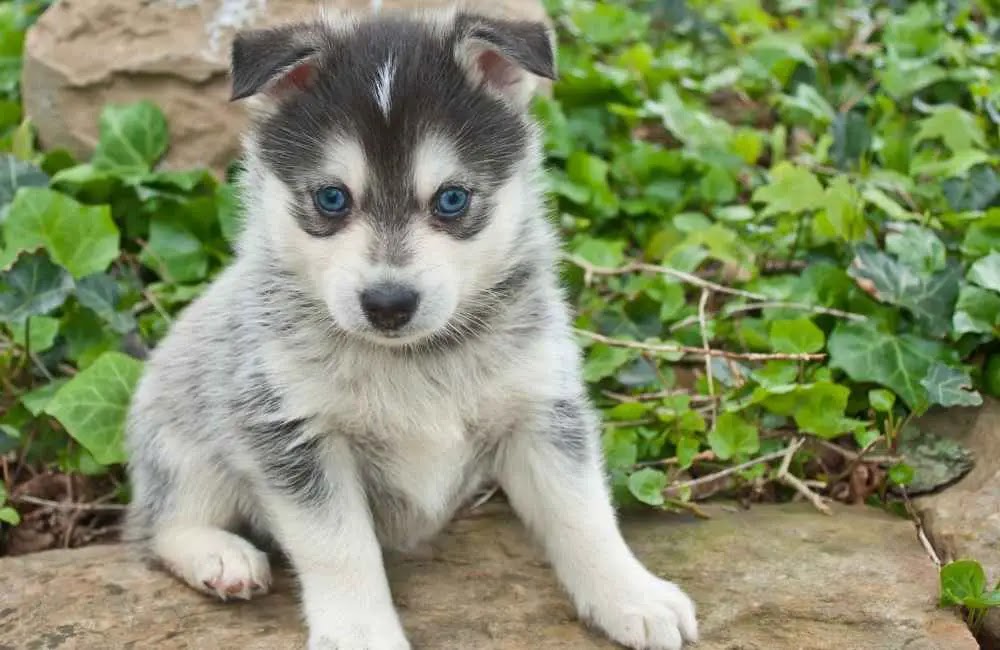
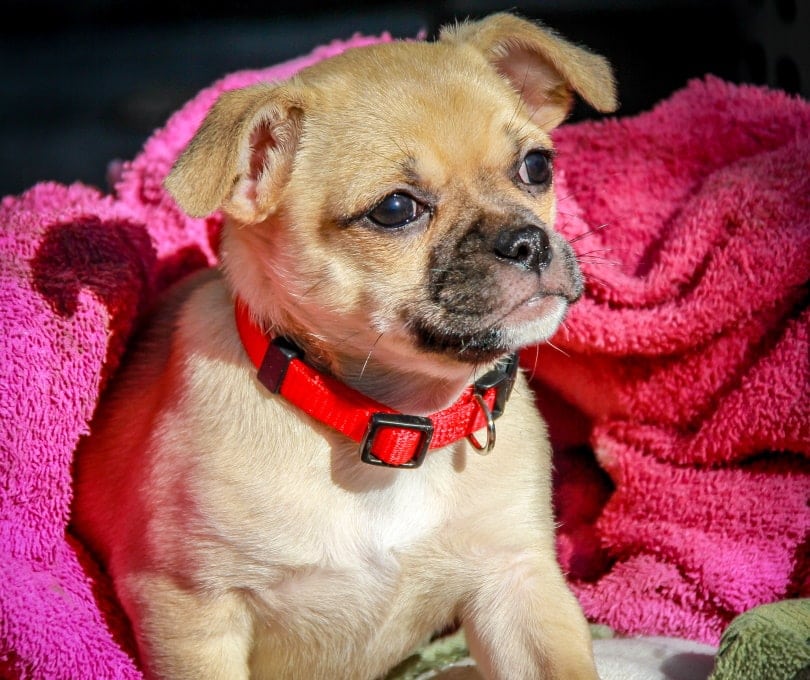
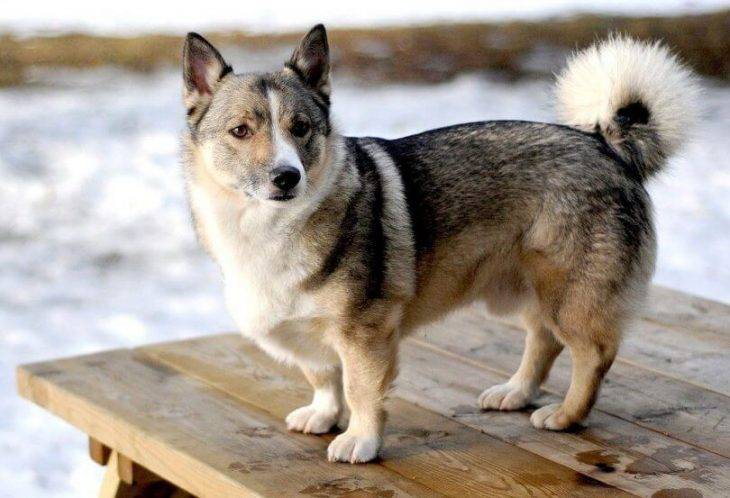
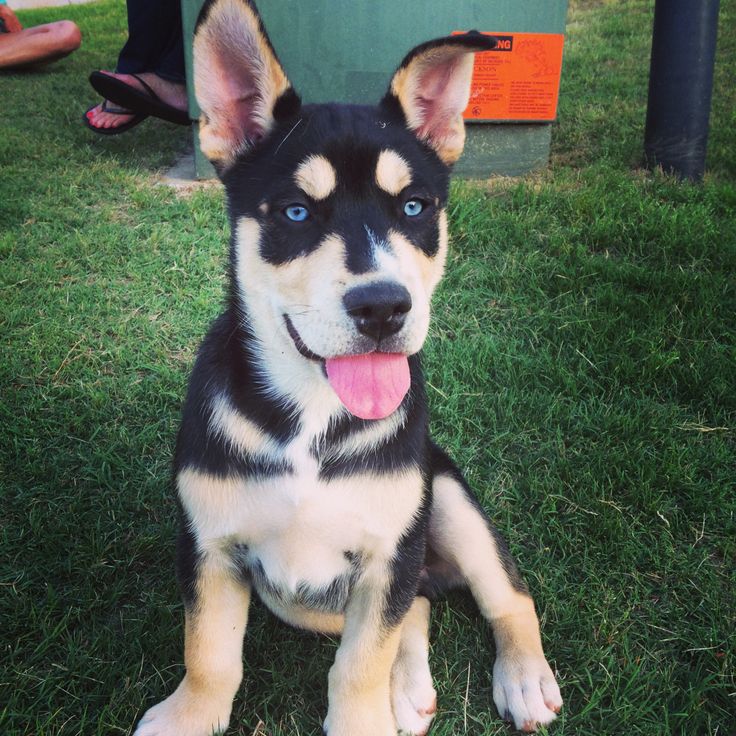
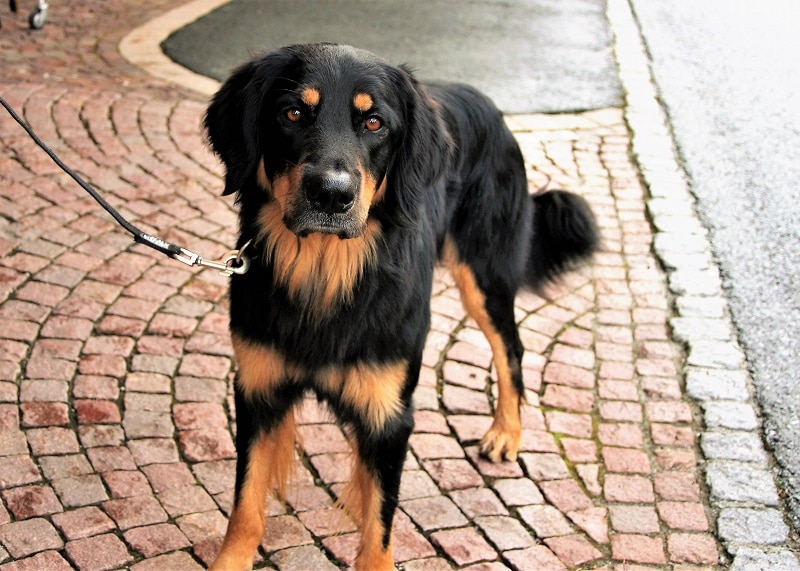
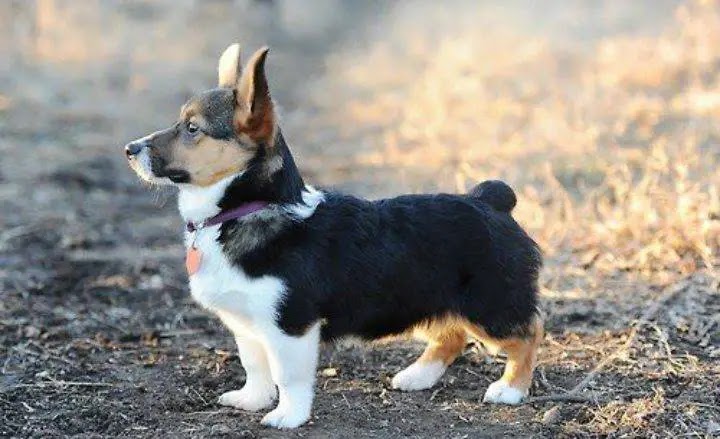
![10 Mixed-Breed Dogs To Avoid [Wrong Dog Mixes]](../../images/w74-h74-p-k-no-nu/mb.jpg)
